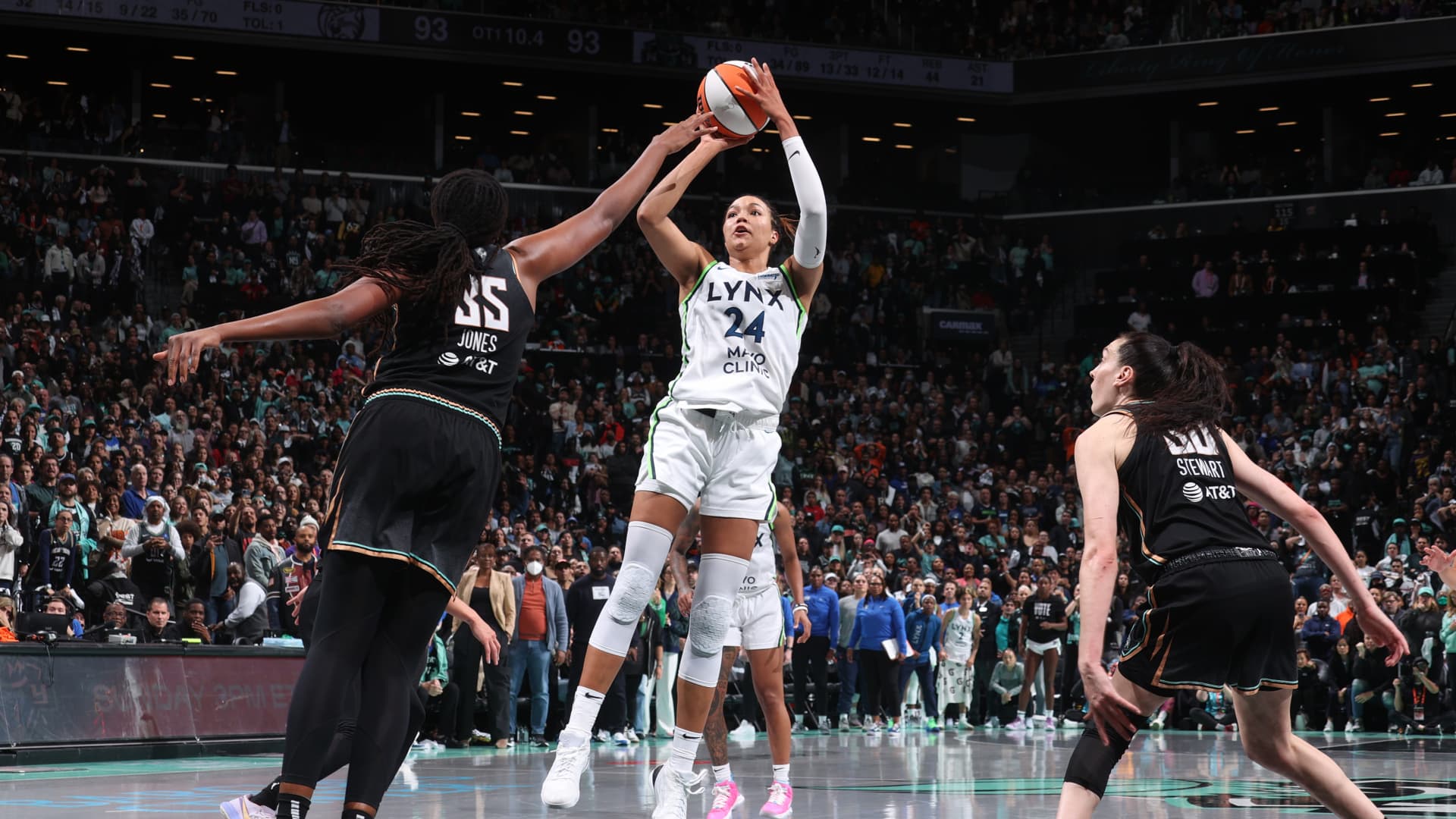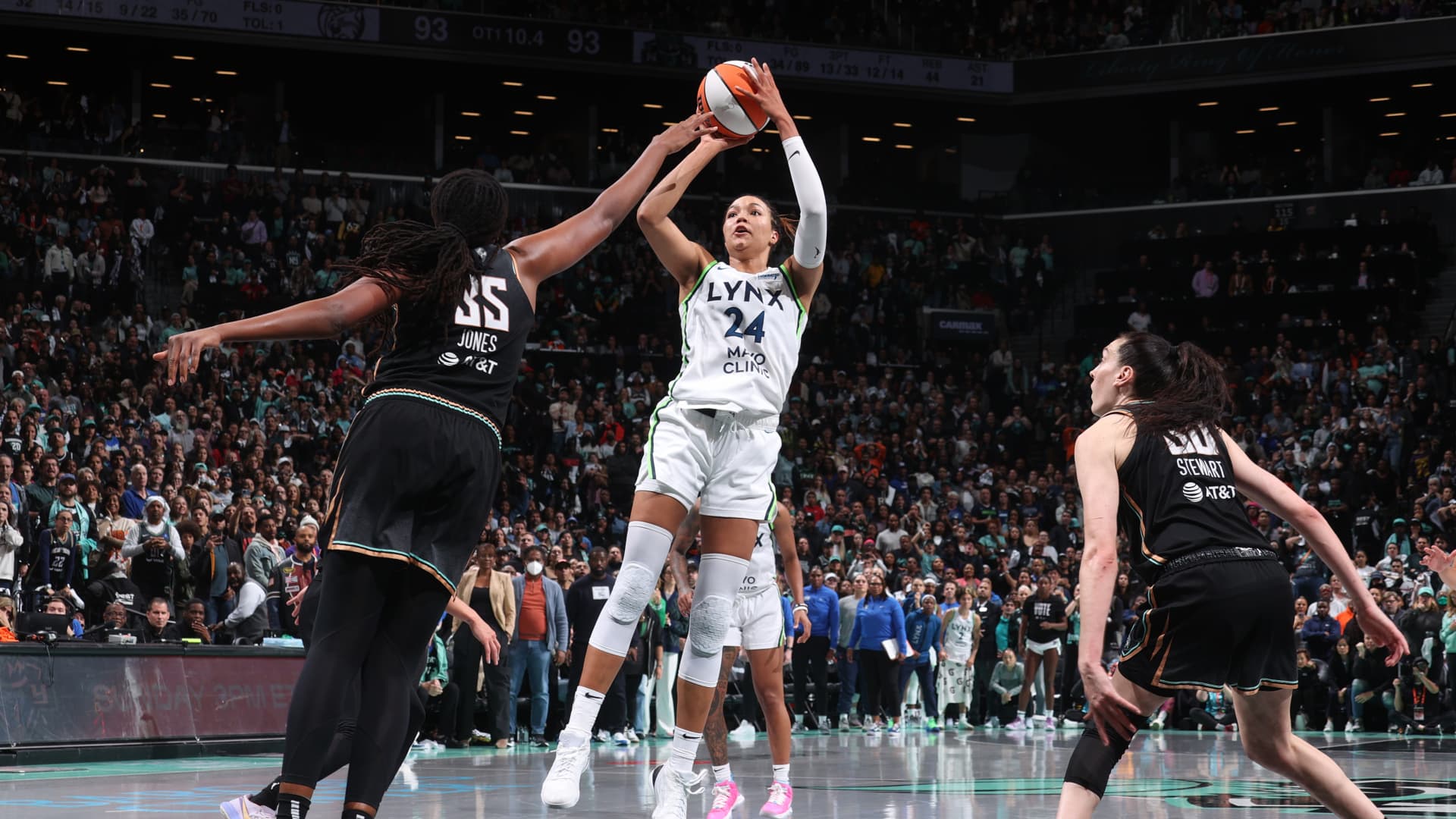The Women’s National Basketball Association (WNBA) is on the cusp of a transformative era, marked by a landmark expansion that will reshape the landscape of women’s professional basketball in the United States. The league’s recent announcement to grow from 15 to 18 teams by 2030, with new franchises in Cleveland, Detroit, and Philadelphia, is not just a numerical increase but a strategic move to solidify the WNBA’s presence in key urban markets with rich basketball traditions. This expansion reflects a broader commitment to advancing women’s professional sports, fostering regional engagement, and cultivating a passionate fan base.
The expansion is carefully planned over a five-year period, with each city joining the league at different stages. Cleveland will become the 16th team in 2028, followed by Detroit in 2029, and Philadelphia in 2030. Each city offers a unique blend of basketball heritage, economic potential, and community support, making them ideal candidates for this growth. Cleveland, home to the NBA’s Cavaliers, boasts a fervent sports culture and existing infrastructure that will benefit the new WNBA team. Detroit, known for its resilience and deep sports roots, is poised to revitalize its sports landscape with the addition of a WNBA franchise. Philadelphia, with plans for a new arena, demonstrates a strong commitment to women’s basketball and aims to become a premier market for the sport.
The selection of these cities is deeply strategic, considering their historic significance in basketball and their potential for growth. Cleveland, Detroit, and Philadelphia are all storied basketball hubs with passionate fan bases, making them fertile ground for the WNBA to expand its reach. Economically, these cities offer substantial metropolitan areas with diverse populations, providing a solid foundation for sustainable team growth. Additionally, these cities have shown increasing support for women’s sports and gender equity initiatives, indicating a cultural readiness that will resonate with the WNBA’s values and mission.
The impact of this expansion extends beyond the addition of new teams. It represents a significant step forward for women’s basketball, offering increased opportunities for players, broadening the fan base, and elevating the level of competition. More teams mean more roster spots, providing emerging talent with the chance to play professionally and develop their careers. The expansion also attracts new fans, media markets, and sponsorship deals, which in turn increases league revenue and visibility. This growth feeds back into better salaries, improved facilities, and enhanced player welfare. Furthermore, the addition of new teams intensifies competition, raising the league’s profile and the quality of play, and creating new rivalries and dynamic matchups.
However, the path to expansion is not without challenges. The WNBA must carefully navigate logistics such as competitive balance, market saturation, facility readiness, and economic viability. Integrating new teams while maintaining league competitiveness requires a well-managed expansion draft and salary cap adjustments. Ensuring sustained fan interest in a crowded sports landscape demands savvy marketing and community outreach. The readiness of facilities and operational support in each city is crucial for team success and fan experience. Additionally, the high expansion fees, such as Cleveland’s reported $250 million bid, highlight the importance of financial backing and long-term sustainability.
Looking ahead, the WNBA’s expansion into Cleveland, Detroit, and Philadelphia signals a bold vision for the league’s growth. By leveraging cities with deep basketball cultures and emerging urban vitality, the WNBA is not only increasing its competitive landscape but also embedding itself more deeply into America’s sporting fabric. This expansion enhances opportunities for female athletes, broadens fan engagement, and further legitimizes women’s basketball as a premier professional sport. As these teams prepare to take the court in the coming years, the league’s momentum suggests an exciting era ahead, marked by greater visibility, diversity, and shared passion for the game.
The WNBA’s evolution exemplifies how strategic expansion can revitalize league dynamics and foster inclusive, sustainable sports communities. The next five years will offer a compelling story of growth, competition, and cultural impact, destined to redefine the future of women’s basketball. This expansion is a testament to the league’s commitment to advancing women’s sports and creating a more equitable and dynamic landscape for athletes and fans alike. As the WNBA continues to grow, it sets a powerful example for other sports leagues, demonstrating the potential of strategic expansion to drive progress and innovation in the world of professional sports.












